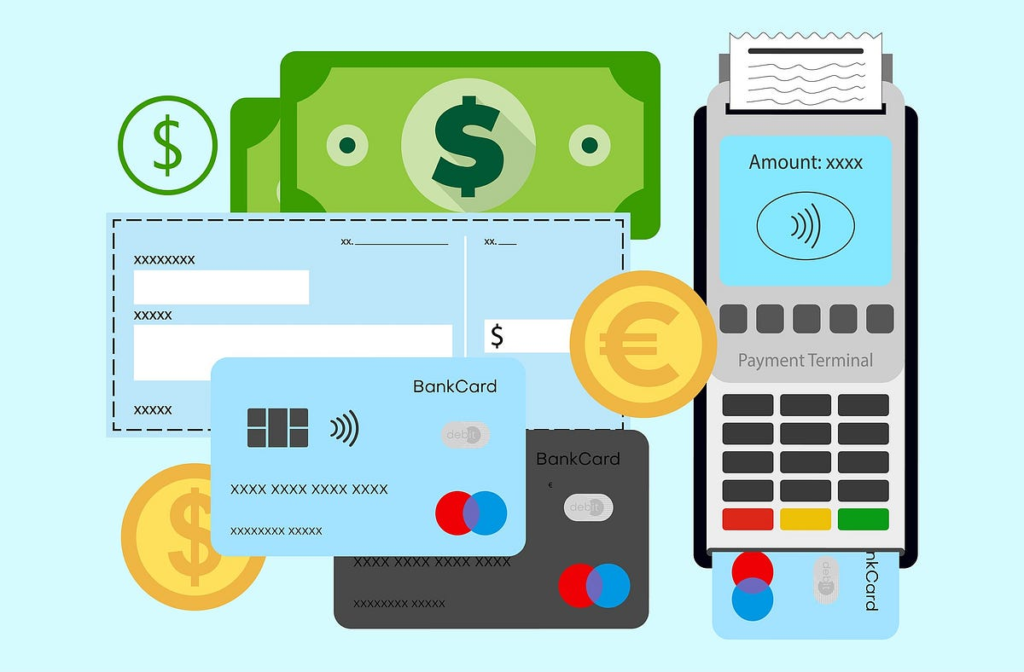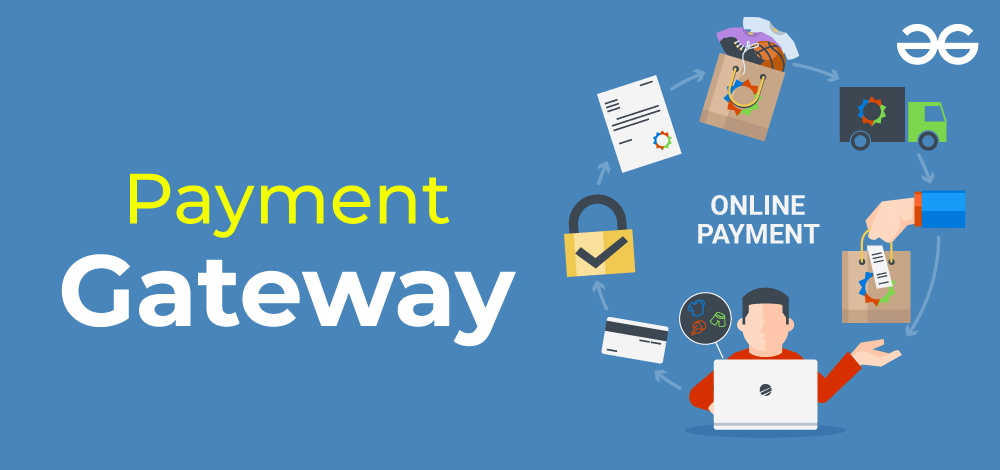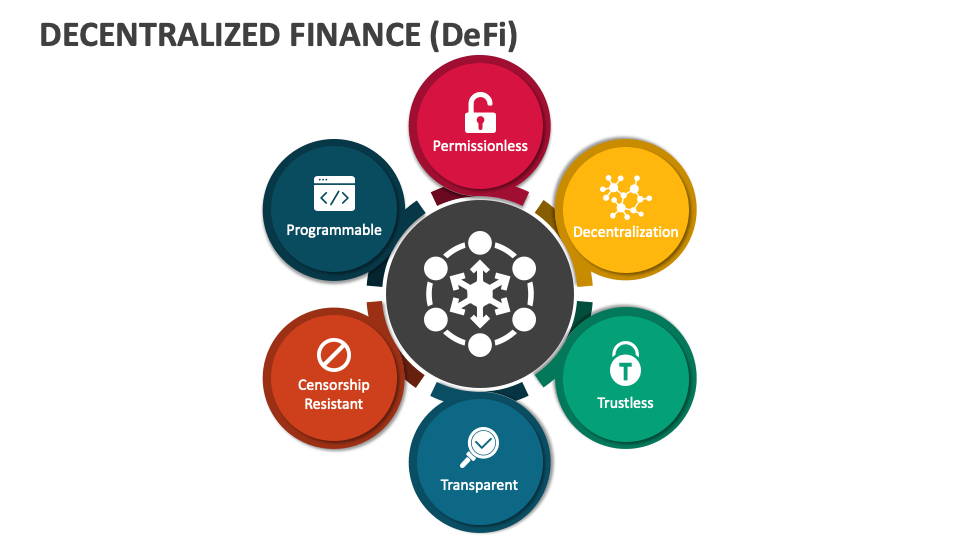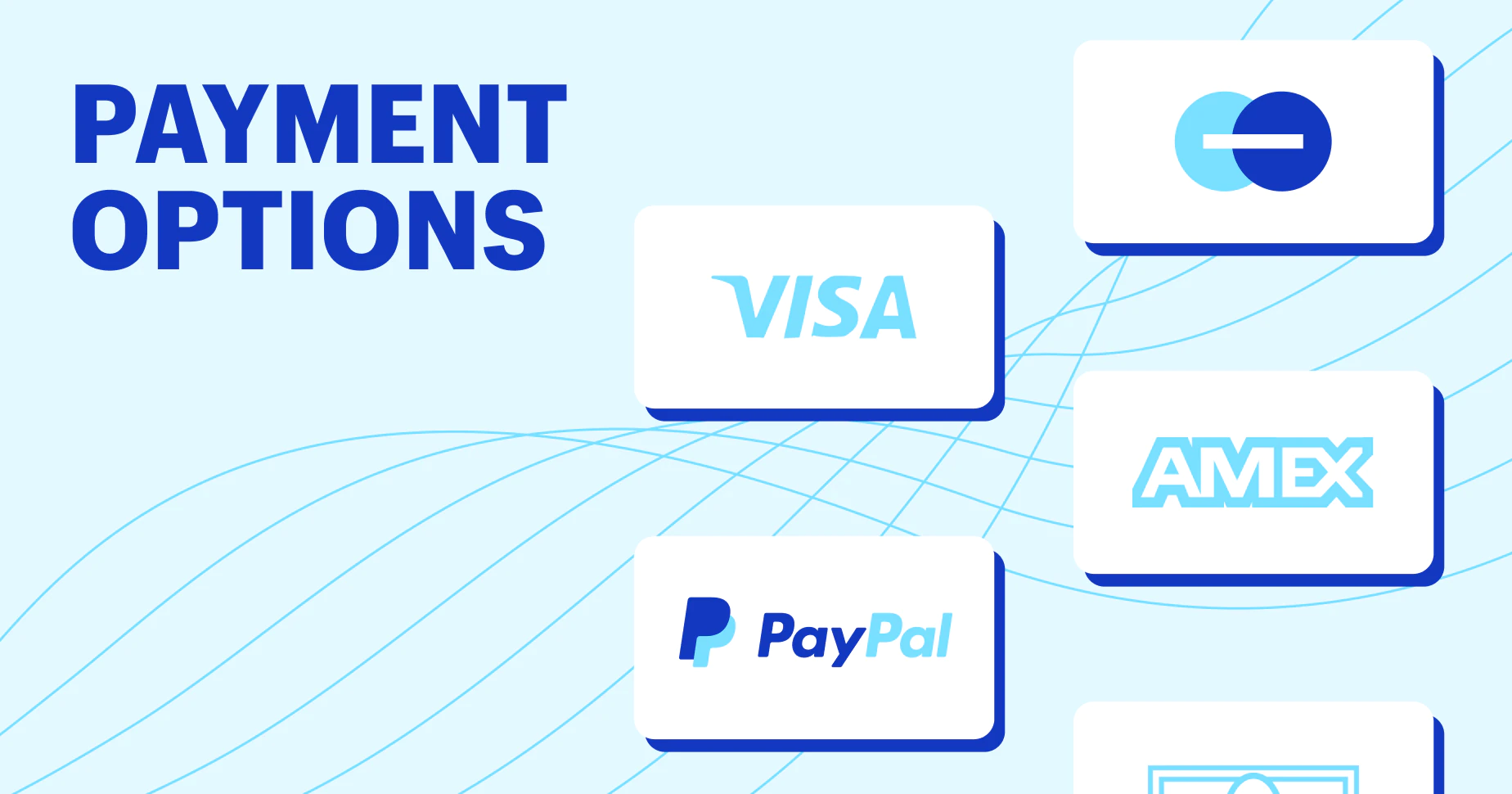AUTHOR : JAYOKI
DATE : 16/12/2023
Introduction
Definition of Payment Options
When we talk about payment options for business, we refer to the various methods through which customers[1] can pay for goods or services.[2] From traditional cash transactions[3] to cutting-edge cryptocurrencies[4], businesses [5] today have a myriad of choices.
Importance of Choosing the Right Payment Options
The right payment options can enhance customer satisfaction , streamline operations, and contribute to overall business success. However, the wrong choices can lead to frustration, financial losses, and a negative impact on the customer experience.
Common Payment Methods

Credit Cards
Credit cards remain a popular choice for both online and offline transactions. They offer convenience and flexibility, but businesses need to consider associated fees.
Debit Cards
Similar to credit cards, debit cards provide a quick and easy way for customers to make payments directly from their bank accounts.
Bank Transfers
Direct bank transfers are preferred for high-value transactions but may come with longer processing times.
Cash
While less common in the digital age, cash payments are still relevant, especially for certain types of businesses.
Online Payment Gateways

PayPal
PayPal is a widely used online payment platform known for its security features and user-friendly interface.
Stripe
Stripe is a versatile payment gateway that caters to businesses of all sizes, offering seamless integration and robust security.
Square
Square is popular among small businesses, providing a range of services, from point-of-sale systems to online payment processing.
Google Pay
Google Pay simplifies online transactions and is increasingly becoming a preferred choice for businesses.
Emerging Payment Technologies
Cryptocurrency
Cryptocurrencies like Bitcoin and Ethereum are gaining acceptance, offering decentralized and secure transactions.
Contactless Payments
Contactless payments, using methods like NFC technology, provide a quick and hygienic way for customers to pay.
Mobile Wallets
Mobile wallets, such as Apple Pay and Samsung Pay, allow customers to make payments using their smartphones.
Factors to Consider When Choosing Payment Options
Transaction Fees
Different payment methods come with various transaction fees. Businesses should analyze these costs and choose options that align with their budget.
Security
Security is paramount. Businesses need to ensure that the chosen payment options have robust security measures to protect customer data.
Customer Preferences
Understanding customer preferences is crucial. Offering a variety of payment methods caters to diverse customer needs.
Integration with Business Model
The selected payment options should seamlessly integrate with the business model, ensuring a smooth and efficient payment process.
Optimizing for E-commerce
Shopping Cart Integration
For online businesses, integrating payment options with the shopping cart is essential for a frictionless customer experience.
Subscription Services
Subscription-based businesses should choose payment options that support recurring transactions.
International Transactions
Businesses operating globally must consider payment options that facilitate international transactions, considering currency conversion and cross-border fees.
Challenges and Solutions
Fraud Prevention
Implementing [1]robust fraud prevention measures is vital to protect both businesses and customers from unauthorized transactions.
Payment Processing Delays
Businesses should be aware of potential delays in payment processing[2] and communicate transparently with customers about expected timelines.
Regulatory Compliance
Adhering to regulatory requirements ensures that businesses operate within legal frameworks,[3] avoiding potential legal issues.
Trends in Payment Options
Embedded Finance
Embedded finance integrates financial services[4] seamlessly into non-financial platforms, providing a holistic customer experience.
Decentralized Finance

DeFi leverages blockchain technology to provide decentralized[5] and accessible financial services.
Conclusion
In conclusion, the world of payment options for businesses is dynamic and diverse. Choosing the right mix of payment methods requires careful consideration of various factors, including transaction fees, security, and customer preferences. Embracing emerging technologies can also position a business for future success in the evolving digital landscape.
FAQs
1. How do I choose the best payment option for my business?
Choosing the best payment option involves considering factors such as transaction fees, security, and customer preferences. Conduct thorough research and analyze your business model to make an informed decision.
2. Are there any hidden fees with online payment gateways?
While many online payment gateways are transparent about their fees, it’s essential to review terms and conditions carefully. Some may have additional charges, so be diligent in understanding the fee structure.
3. Is it safe to accept cryptocurrency payments?
Cryptocurrency transactions can be secure if proper security measures are in place. Utilize reputable wallets and stay informed about the latest security practices in the crypto space.
4. What is the future of payment options in the business world?
The future of payment options is likely to see continued innovation, with trends such as BNPL, embedded finance, and DeFi gaining prominence. Businesses should stay adaptable to leverage these advancements.
5. How can I prevent fraud in online transactions?
Preventing fraud involves implementing multi-layered security measures, including secure payment gateways, encryption, and regular monitoring for suspicious activities. Educate your team and customers about potential risks and best practices for online transactions.





